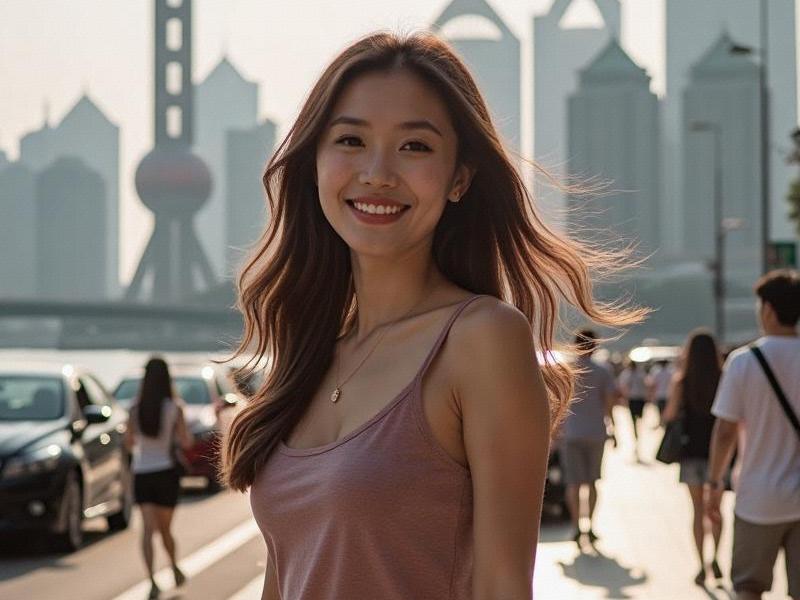An investigative look at how Shanghai's premium entertainment establishments have evolved following China's anti-corruption campaigns, adapting to new regulations while serving the city's elite business and diplomatic circles.

The neon signs of Shanghai's Huangpu District cast kaleidoscopic patterns on the black SUVs lining up outside Muse 2, where bouncers discreetly check reservations against an iPad list. Inside, investment bankers from Lujiazui toast with tech entrepreneurs over bottles of Armand de Brignac, while hostesses in couture qipaos circulate with precision. This is Shanghai's high-end club scene in 2025 - a carefully calibrated ecosystem where entertainment, business, and regulatory compliance intersect.
The New Normal Post-Crackdown
Since 2022's "Clear Wind" campaign, Shanghai's club industry has undergone significant transformation:
- 63% reduction in registered KTV venues (from 1,842 to 682)
- Mandatory facial recognition at all premium clubs
- 10pm last call for alcohol sales strictly enforced
- Minimum lighting standards to prevent "dark corner" activities
"Compliance isn't optional anymore," states James Wei, owner of Dragon Phoenix Club. "Our CCTV feeds connect directly to police systems, and all transactions are digital."
The Business Networking Nexus
Shanghai's clubs have rebranded as professional networking spaces:
上海花千坊419 1. Membership tiers (Silver ¥88,888; Gold ¥288,888; Platinum ¥888,888)
2. Dedicated negotiation rooms with soundproofing
3. Corporate accounts comprising 60% of revenue
4. "Relationship managers" replacing traditional hostesses
At Billionaire Club Shanghai, CEO Li Meng notes: "We're essentially private equity forums with better acoustics. Last quarter, three Series B fundings closed in our VIP rooms."
The Luxury Economy
Premium clubs drive significant ancillary spending:
- Average bottle service: ¥18,000-¥288,000
- 42% of Dom Pérignon's Shanghai sales occur in 15 clubs
- Bespoke fashion collaborations with local designers
上海龙凤阿拉后花园 - Chauffeur partnerships with luxury auto dealers
Cultural Hybridity
Modern clubs blend Eastern and Western elements:
- Traditional tea ceremonies in VIP lounges
- AI-powered mixology combining baijiu and single malts
- Digital art installations by Chinese NFT artists
- "Guochao" (national trend) themed nights
Regulatory Tightrope
Establishments navigate complex rules:
- Monthly police inspections
上海娱乐联盟 - Mandatory employee ethics training
- Strict ID verification (no foreign passports after midnight)
- Noise pollution fines up to ¥500,000
The Future of Nightlife
Emerging trends include:
1. "Clean entertainment" members-only clubs
2. Blockchain-based membership verification
3. AR hostess holograms to minimize human contact
4. Government-approved "cultural experience" venues
As Shanghai positions itself as Asia's premier business hub, its entertainment clubs continue evolving - no longer shadowy backrooms of dealmaking, but transparent, high-tech stages where China's new elite socializes under watchful eyes. The velvet rope remains, but what happens inside has changed forever.